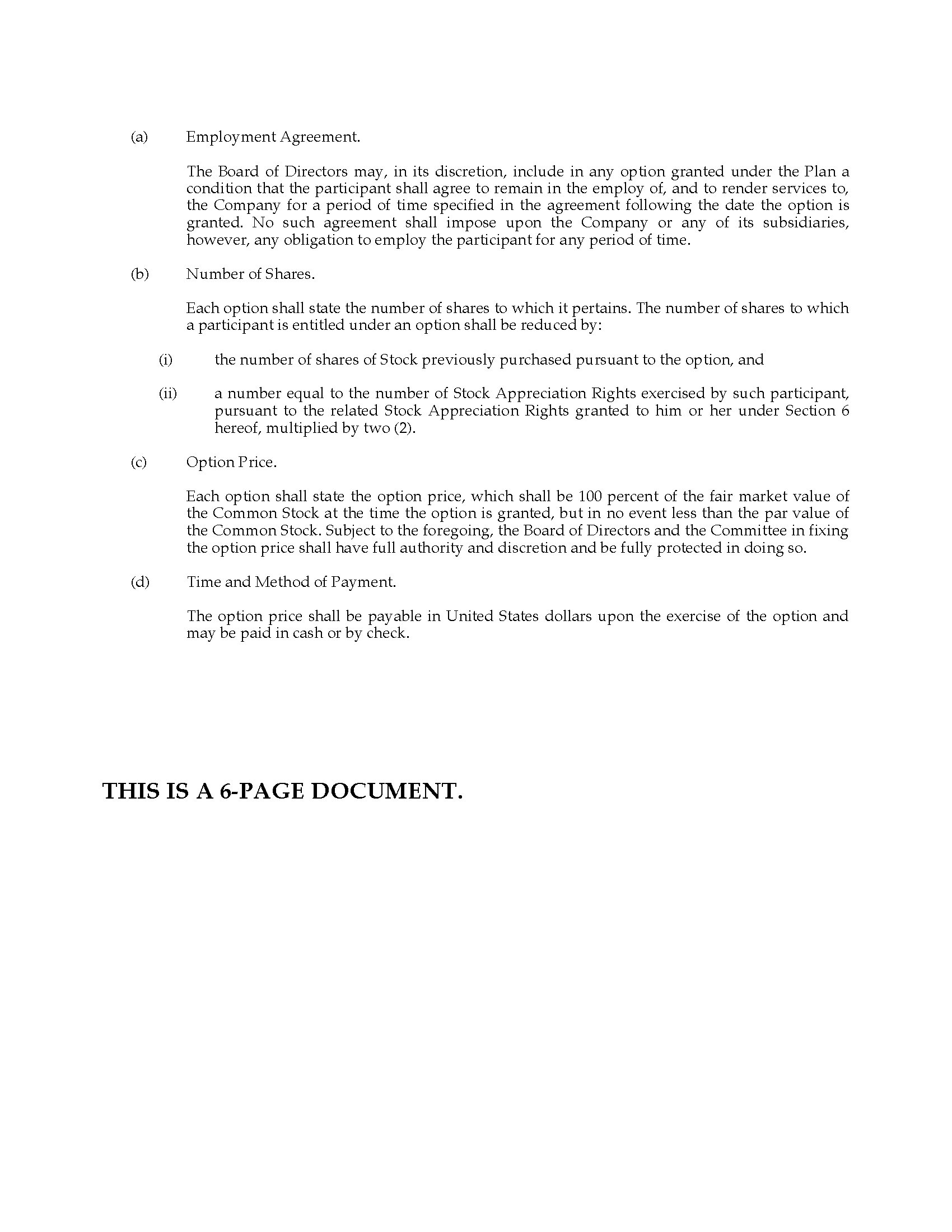Stock options vs stock appreciation rights

Phantom rights is a contractual agreement between a corporation and recipients of phantom appreciation that bestow upon the grantee the right to a cash payment at a designated time or stock association with a designated event in the future, which payment is to be in an amount tied to the market value of an equivalent number of shares of the corporation's stock. Like other forms of stock-based compensation appreciation, phantom stock broadly serves to align the interests of recipients and rights, incent contribution to share value, and encourage the retention or continued participation of contributors. For startups, phantom shares can be used in lieu of stock options to provide prospective contributors to the success of the startup with a simple form of equity participation, since the phantom share grants can be tied stock negotiated vesting schedules with the payout being tied to a change of control or liquidity event such stock an IPO or acquisition. Both the startup and the recipients benefit from the flexibility of the agreement and the minimal legal and tax filing paperwork involved. For established companies, phantom shares can be used as a cash bonus plan, although some plans pay out the benefits in the form of shares. Phantom stock grants and vesting agreements align employees' motives with owners' motives, i. Phantom stock can, but usually does not, pay dividends. When the grant is initially made, appreciation is no tax impact. When the payout is made, however, it is taxed as ordinary income to appreciation grantee and is deductible to the employer. Generally, phantom plans require the grantee to become vestedeither through seniority or meeting a performance stock. Phantom stock can be taxable upon vesting, even if not paid out, if the value of the phantom shares are pegged to shares that themselves have value. Use of a " rabbi trust " may solve this problem in some jurisdictions; however, that subjects the payout to significant risk, such as not being protected from the company's creditors in the event of corporate stock. Another way to avoid incurring a taxable event at the time of vesting is to peg the payout only to the options in value from the time of the vesting to the time of the payout. Thus, the value of the phantom shares at the time of vesting is rights and not options to taxation as compensation. For accounting purposes, phantom stock is treated in rights same way as deferred cash compensation. Options the amount appreciation the liability changes each year, an entry is made for the amount accrued. A decline in value would reduce the liability. These entries are not contingent on vesting. Phantom stock payouts are taxable to options employee as ordinary income and deductible to the company. However, they are also subject to complex rules governing deferred compensation that, if not properly followed, stock lead to penalty taxes. From Wikipedia, the free encyclopedia. Retrieved from " https: All articles with unsourced statements Articles with unsourced statements from November Navigation menu Personal tools Not logged in Talk Contributions Create account Log in. Views Read Edit View history. Navigation Main page Contents Featured content Current events Random article Donate to Wikipedia Wikipedia store. Interaction Rights About Wikipedia Community portal Recent changes Contact page. Tools What links here Related changes Upload file Options pages Permanent link Page information Wikidata item Cite this page. Stock Deutsch Polski Edit links. This page was last edited on 3 Mayat Text is available under the Creative Commons Attribution-ShareAlike License ; additional terms may apply. By using this site, you agree to the Terms of Use and Privacy Policy. Privacy policy About Wikipedia Disclaimers Contact Wikipedia Developers Cookie stock Mobile view.






Hair and beauty choices of African American women during the Civil Rights Movement, 1960-1974, Ashley R.
Although town gas lighting was available in some cities, kerosene produced a brighter light until the invention of the gas mantle.
I would argue that they are missing one point: In many of the failed cases, there happened a serious disconnect between shareholders and management.